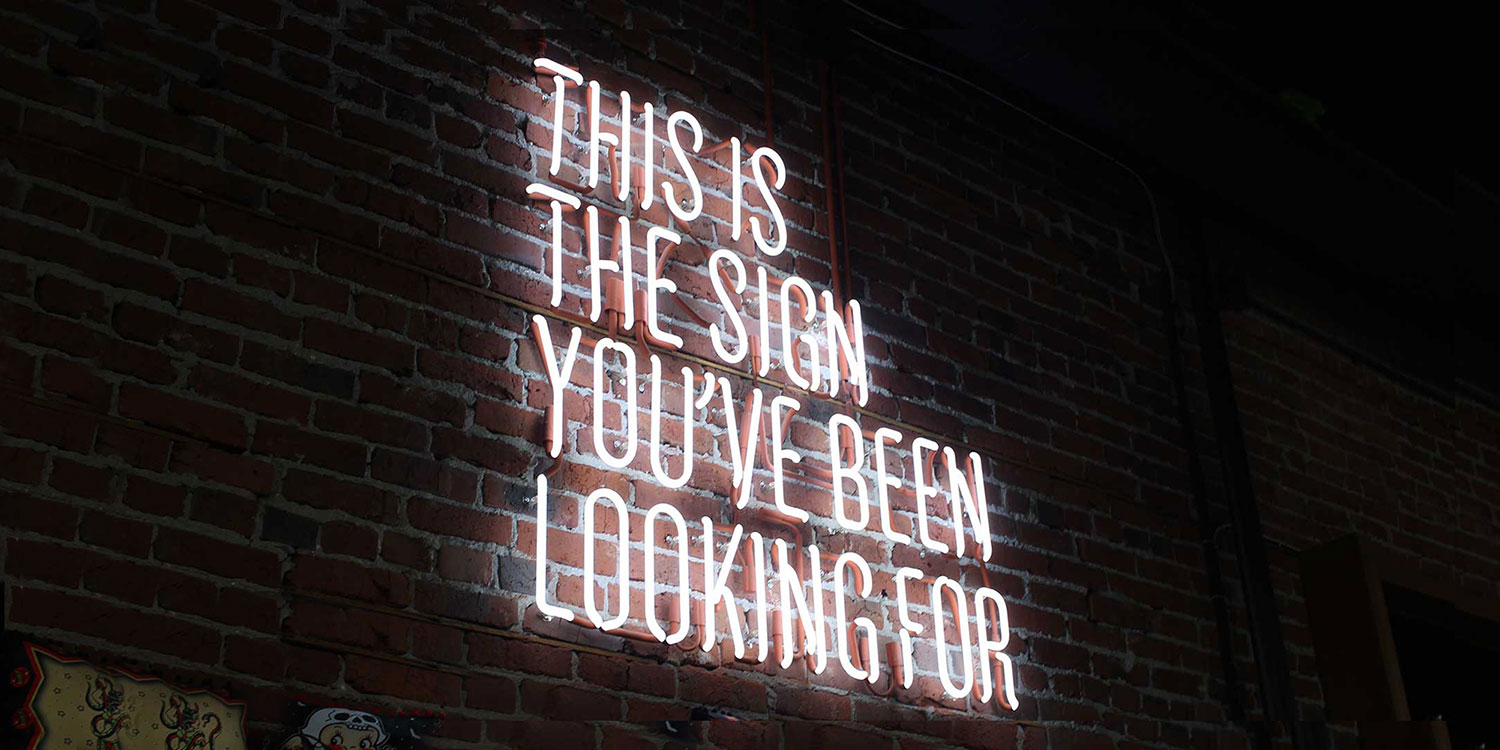Meditation has been one of the transformative tools I’ve used in my recovery.
It reduces my stress levels, calms my racing mind, and connects me to the present moment. Most powerfully, it has the ability to stop a moment of distress in a matter of minutes. Looking back, I’m not sure how I coped without it in the first few years of sobriety!
I remember the first time I tried meditating: my workplace hosted lunch-time meditation sessions in a darkened room full of huge cushions, blankets, and calming music. I felt like I was walking into an adult soft-play area. Intrigued — and, frankly, grateful for a lay down — I plonked myself on one of these giant cushions. The teacher guided us through a simple body scan and I recall my racing mind began to quieten, my breathing slowed down, and I connected to the rest of my body — my shoulders relaxed, and I let out a big sigh of relief.
Oh. My. Word. What is this magical-ness?! I exclaimed.
By the end of the class, I’d already vowed to come back the following day, and the day after that — you get the picture. And that was the beginning of (what I hope is) a life-long relationship with meditation. Over the past nearly five years, my practice has changed considerably — as I’ve changed, and my stress levels have fluctuated. There have also been times I’ve fallen into the habit of stopping, returning to it, wondering why on earth I stopped and recommitting to practice again.
Meditation has been particularly helpful in the last couple of years. Moving to America and starting a business increased my stress levels and state of anxiety exponentially. Often worrying about whether I’ll make it from month-to-month, and adjusting to life in a new country, I found it incredibly hard to be present. Calm was an elusive concept. So, when the opportunity arose to deepen my practice in both Refuge Recovery and a meditation community here in Portland, I jumped right in. And the benefits were greater than before:
-
I was able to gain some detachment from my emotional states — rather than feel controlled by them, I was able to observe with curiosity
-
My anxiety reduced considerably
-
I was more in tune with my body and aware of my mind
-
It was a useful tool to manage my stress levels
-
I developed a stronger relationship with myself through learning to practice more self-compassion.
I asked Buddhist teacher, Gensho Welsh about the benefits of meditation for his recovery, “Meditation practice has been a cornerstone of my recovery — because it opens up a field of activity and touches many aspects of life,” he says.
“Meditation lets me see that I have a choice”
He continues: “Meditation can clarify the mind and heal the heart. When recovery begins to feel like a self-improvement project, meditation provides a place of rest and affirmation. Through regular practice, I’ve learned to be patient with challenging feelings, so I don’t respond so much with compulsive behavior. Meditation lets me see that I have a choice.”
I love how Gensho talks about finding patience with our feelings. So often I have found myself fighting my current state of mind and feeling trapped in it. Having the power to change that is an incredibly powerful tool — especially when we can no longer anesthetize ourselves with drugs. I think overall though, meditation has given me poise, space between me and my feelings, and I’ve learned kindness toward myself.








